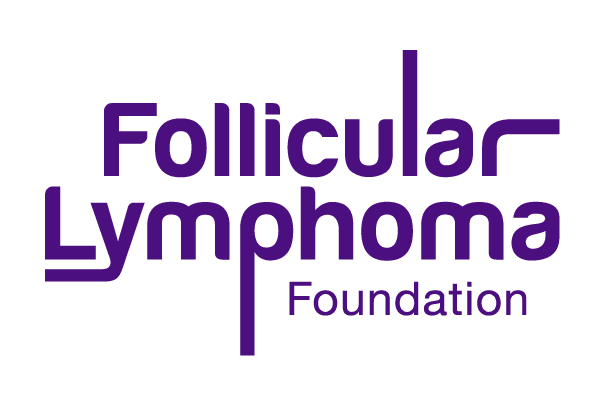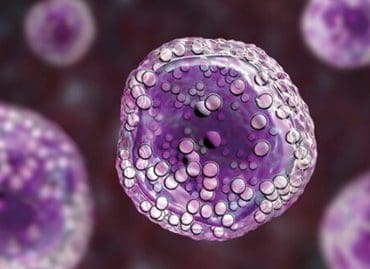What is Follicular Lymphoma?
Follicular lymphoma is a type of incurable blood cancer that affects the lymph nodes (or glands). It is the second most common type of non-Hodgkin lymphoma and the most common type of slow-growing lymphoma.
Follicular lymphoma is a type of blood cancer characterized by the abnormal growth of white blood cells within the lymph nodes, leading to the formation of clumps called follicles. These follicles can be found in lymph nodes throughout the body, but often do not cause symptoms until they reach an advanced stage.
The good news is that, unlike other cancers, follicular lymphoma is considered indolent, meaning it tends to progress slowly. This unique behavior allows patients to go through periods of active disease, experiencing symptoms that may necessitate treatment, followed by periods during which no immediate action is required.
For this reason, many doctors describe FL as highly treatable, but difficult (if not impossible) to cure. But at the Follicular Lymphoma Foundation, we believe that with dedicated fundraising, research and development, a cure is just around the corner.
Globally, FL affects over a million people, making it a significant health concern. In the UK, approximately 2,000 new cases of FL are diagnosed each year, while in the US, the number is higher at around 16,500 new cases annually.



